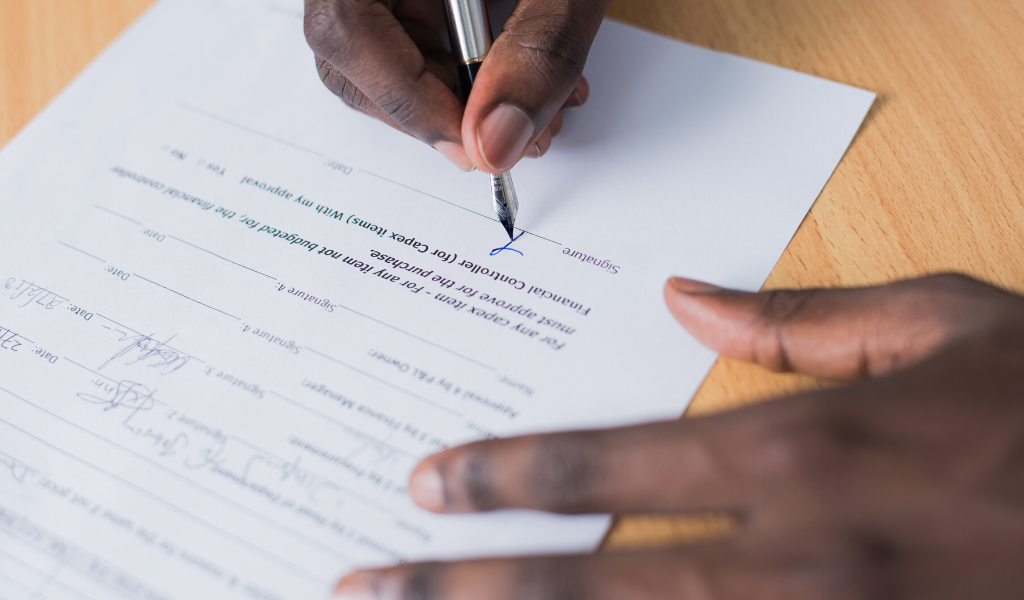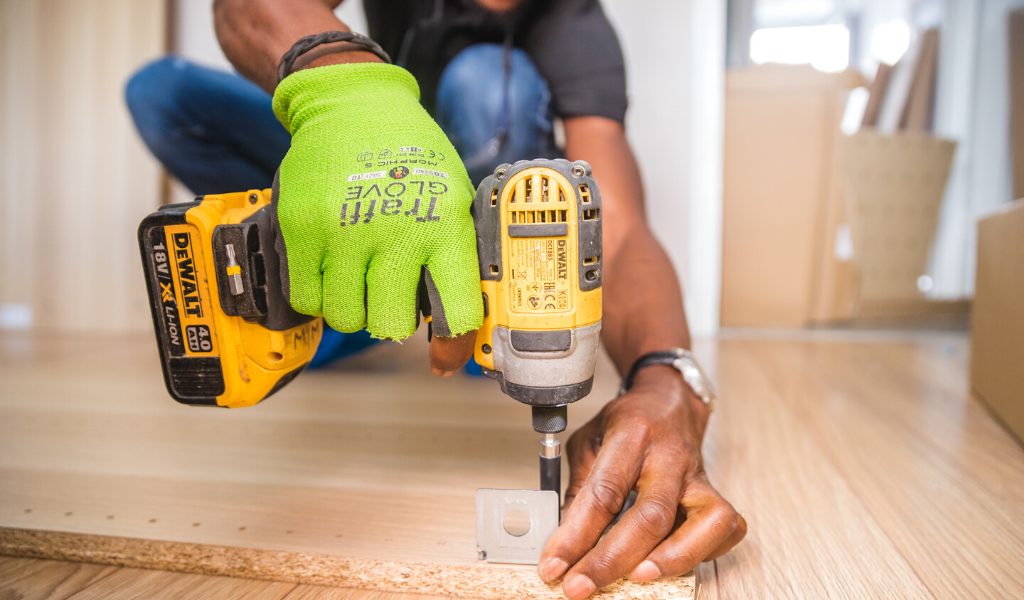So you want to buy real estate in India, but you don’t know where to start? You’ve done a Google search, but you’ve only pulled up crap! You’re not alone! I’ve heard this story countless times by people who what to invest in Indian real estate. The good news is that you’ve come to the right place. I set up this website to help foreigners invest in Indian real estate. I have tons of free guides to educate people about the Indian market.
This article presents a step-by-step guide, to invest in real estate in India. The process of buying a property in India can seem daunting to outsiders. There’s not a lot of information online, and it can be very difficult to educate yourself. Having been through the process myself, I can say that it’s no more difficult than buying a property in the UK or the US. There are strong rules and laws in place to protect both sides.
If you’re interested in buying real estate in Mumbai, then I can help. I have a service where I help foreigners to invest in Mumbai property. I provide access to my network of estate agents, solicitors and accountants in the city. It’s an end-to-end service, and I’ll work with you every step of the way. You can set up an initial call, where we can discuss your requirements – full details are here.
I’ve also written some other articles to educate people about how to invest in Indian property. If you’re new to this area, I definitely recommend going to the below links
-
What documents do you need to buy property in India?
-
Why invest in Indian real estate? It’s an historic opportunity
-
How to finance a property purchase in India
-
How to manage a property investment in India
Don’t forget to follow me on Twitter and sign up to my email list. You’ll get notified of all my new articles.
To invest in Indian real estate isn’t the same as the US or the UK! You can’t just go to Zillow or Rightmove and search for properties. The majority of properties aren’t marketed online, and if you don’t know what you’re doing, it can feel like the wild west!
The biggest online portal in India is 99 Acres, but you’ll find it difficult to source a good property through it. Most of the listings are fake. You’ll call up the estate agent to view a property, but they’ll tell that the property was sold yesterday. However they have another property just like it, with a price tag 15% higher!
The majority of Indian properties aren’t listed online, but are marketed by estate agents. If you go through any major city, you’ll see hundreds of estate agent offices. Typically, most of these estate agents won’t speak English and aren’t suitable for conducting business with foreigners.
One common request from estate agents is to ask the buyer to make 50% the payment in cash, rather than bank transfer. i.e. you give the seller a suitcase of rupees in order purchase the property! They do this so the seller can declare a lower selling price to the Government and pay less tax. To state the obvious, making a payment in cash is really bad idea, as well as being illegal. If anything goes wrong, you have no protection!
So what can you do to source a property and invest in real estate in India?! Basically you need a professional estate agent with a lot of contacts on the ground. There are some estate agents like this, believe it or not! If you have contacts in India then you can ask for recommendations – this is normally the best place to start.
Alternatively you can contact me, and I’ll connect you with my network of estate agents in Mumbai. These are people that I’ve done business with, and are all very professional.
If you drive around Delhi, Mumbai or Bangalore, you’ll see cranes everywhere. Luxury properties are being built all over the place. I think this construction is fantastic, and is leading to a modernisation of real estate in India. However, I don’t recommend to buy properties that are under construction – in fact I’m massively against it.
Buying an under-construction property is a big risk, and not the best way to invest in real estate in India. There’s always the possibility that the builder will run out of money and not complete the project. In the UK, you can buy insurance to mitigate this risk. However I don’t know of any such insurance in India, and even if it was offered, I wouldn’t trust it. Let’s be clear - If a builder goes bankrupt, they won’t be giving back the deposit you’ve paid!
For this reason, I only recommend to buy a property that is already built – which the locals call a ‘ready-possession’ purchase. With a ready-possession purchase, as long you follow the necessary steps, there isn’t that much that can go wrong. Once you make the purchase, you’ll get the keys to your property and away you go!
Once you find a property that you like, then you’ll want to make an offer. In my experience of buying properties in Mumbai, it’s normally possible to bargain and get a good discount.
Indian real estate prices have appreciated a lot since 2000, and there’s a lot of people sitting on large gains of their property value. It’s often possible to negotiate down the asking price, as people have already made a lot of money.
Before you invest in Indian real estate, you’ll need to ensure that there’s no legal issue with the property. The current owner will provide you with a chain of documents that proves that they legally own the property. You need to check these documents, that show the change of ownership from the builder, right through to the current owner.
Once you get these documents, you should show them to a solicitor. They will go through the documents and tell you if there’s any legal issue with the property. Once you get the rubber stamp, then you can proceed.
Once your solicitor rubber stamps the property, then they’ll prepare an agreement between yourself and the seller. Your agreement will state the price of the transaction, what fixtures and fittings are included, and other matters. This step is very important for obvious reasons, and you should make sure that you have a good solicitor to prepare this document for you.
For readers based in the US or the UK, they’ll be used to financing properties with mortgages at 2%. Such options are sadly not available in India!
While there are mortgages available in India, it’s very unlikely that you’ll be using one. You can only borrow money if you have income in India, and the typical mortgage rate is 9%. These 2 facts will disqualify 99% of readers from using a mortgage in India.
To buy a property in India, you’ll need to fund the entire amount through your own sources. The good news is that property prices in India are much lower than other countries, and the growth potential makes such investments worthwhile.
I know many people that have borrowed money against real estate they own outside India, to fund a property purchase. I also know people that have taken out personal loans in the UK at 3% to purchase a property in India. I talk in more detail about how to finance your property purchase in this article.
The transfer of the property will take place at a local government office. You’ll need to set up an appointment, and register the agreement with local officials. You’ll need to bring identification and proof, that shows you’re allowed to buy property in India.
The agreement will be valid once the funds are transferred from you to the seller’s account. So once you transfer the funds, the property is yours, and you’re now an investor in Indian Real estate!
Of course, buying the property is only the beginning of your journey! To make money, you’ll need to find a tenant that pays a good rent every month. I’ve written a separate article which explains how to market your property and find a good tenant. Some of the things to note are the following:
- You’ll need a good estate agent to find a suitable tenant
- You and your tenant will sign a leave and license agreement, that provides a legal basis for the tenancy. This agreement will also need to be registered with the local Government
- The minimum period for such an agreement is 11 months in Mumbai. But this varies in different states
- Such contracts usually bake in a 5-10% rent increase per year
- The average deposit is around 3 months
- It’s normally the responsibility of tenants to carry out minor repairs
Once the property is tenanted, you’ll need someone to manage it. Given that this website is focussed on foreigners, I don’t think many readers will be managing their properties and dealing with tenants themselves.
You’ll need to find a good estate agent to manage the property on your behalf. They’ll deal with tenants and help with maintenance issues, such as calling a plumber or an electrician to come out.
If you don’t know anyone, then I can provide access to my property managers in Mumbai.
In this article, I’ve attempted to demystify the process of buying a property in India. At first, it can seem daunting. However, once you educate yourself, there isn’t much that can go wrong. As long as you follow my advice and be sensible, then the process is pretty smooth.
I think that to invest in Indian Real Estate is a massive opportunity. The fundamentals of the country are amazing – I expect real estate prices to rise for decades to come. Check out this article, where I explain exactly why India is such an exciting place to invest.
Let me know what you think in the comments section below. Have you purchased a property in India before? Do you want to invest in real estate in India?

















ZtbPpLjliQrf